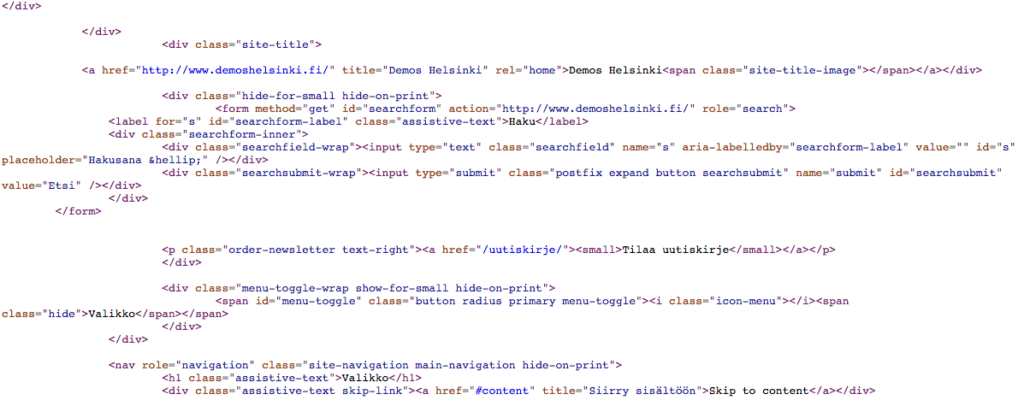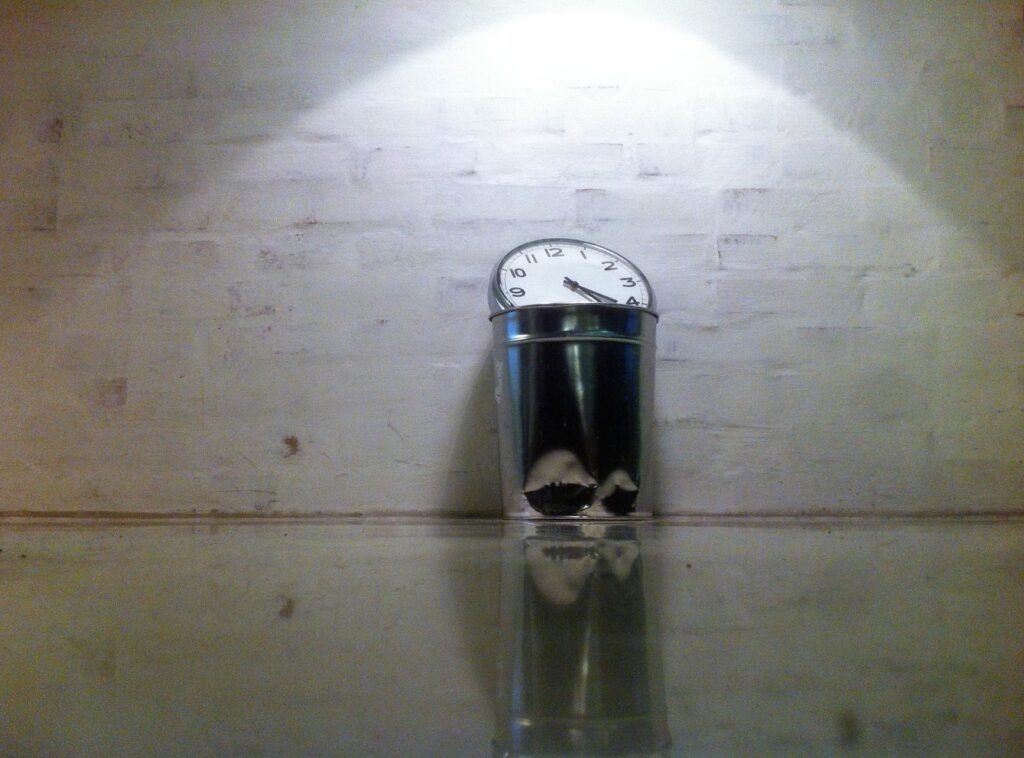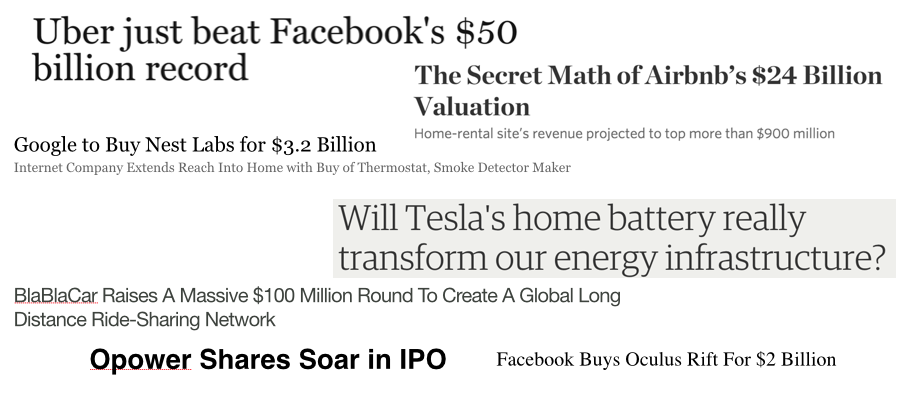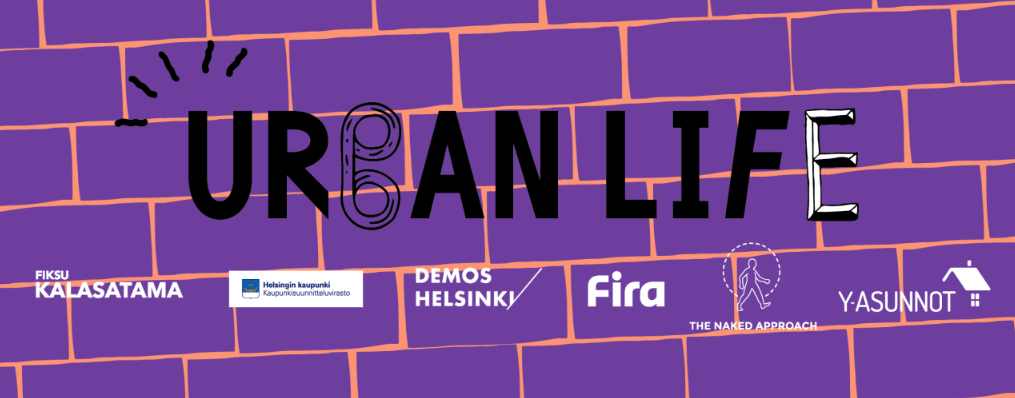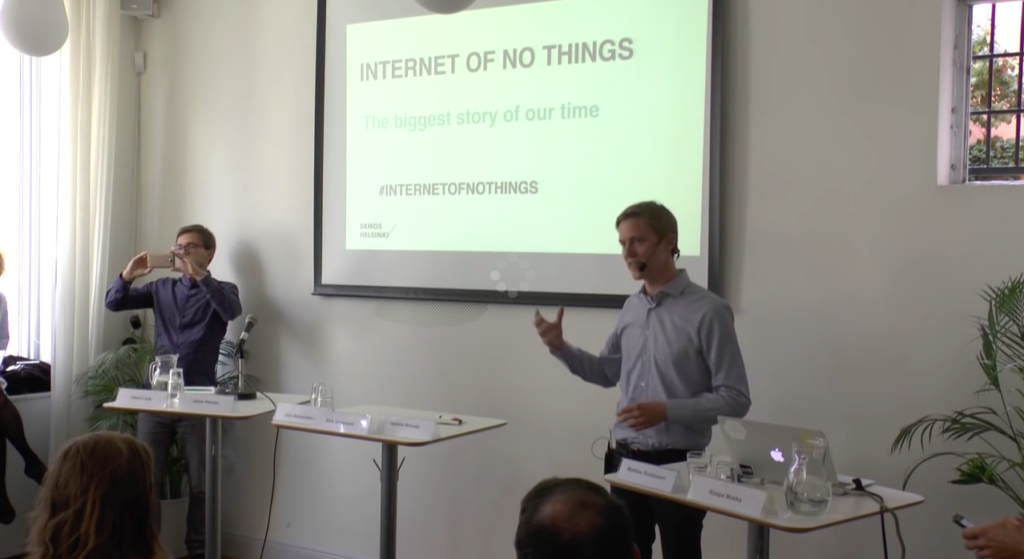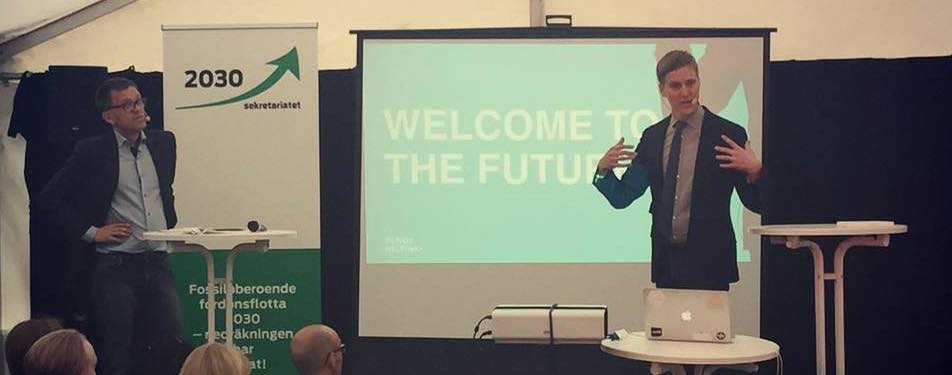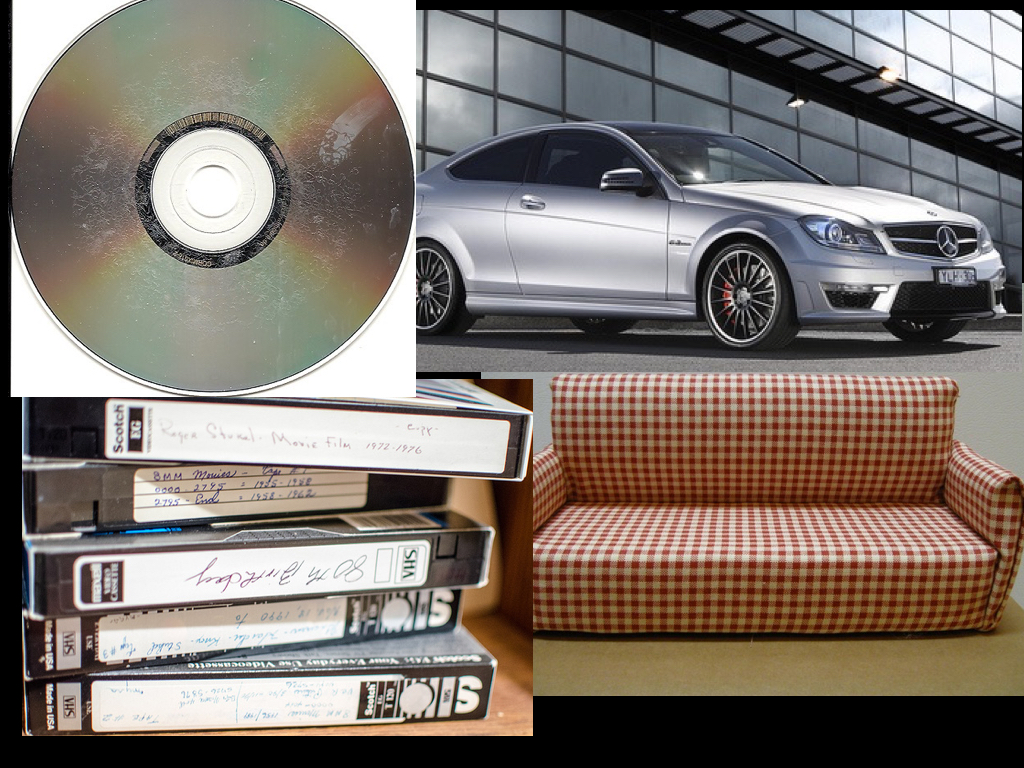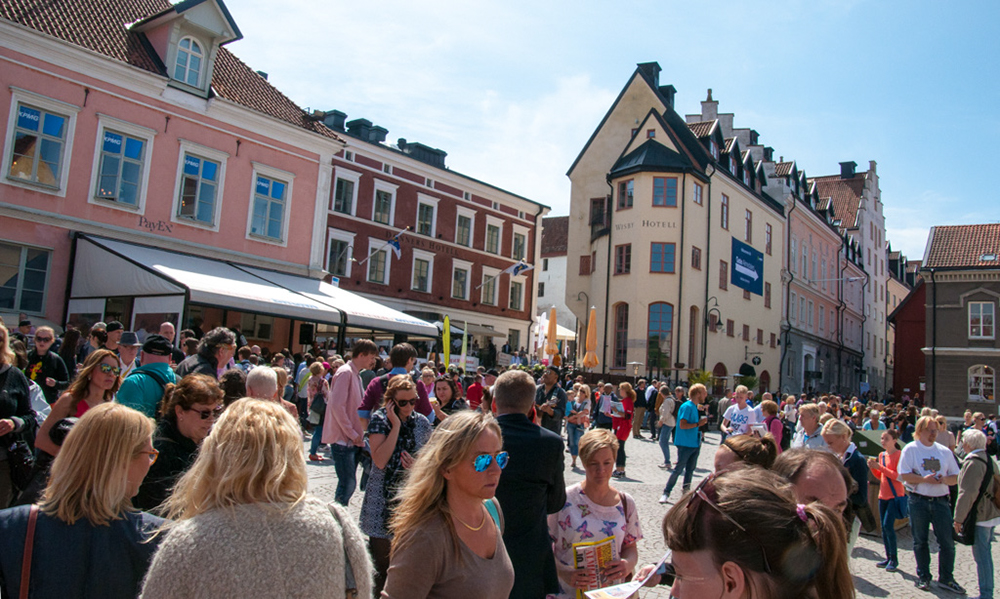Commentary
Multiplying computing power will revolutionize the forms of ownership
Have you ever heard of Moore’s law? Well, Moore’s law was developed by entrepreneur and engineer Gordon E. Moore in 1970. He stated that the computing power doubles every two years. Interestingly, this observation has been quite accurate for the last 40 years. For almost twenty years now, consumers have…
Read MoreHow to ensure sustainable and happy life in the future?
At the moment Finns do well. Finland leads the charts in human wellbeing year after year. But there are problems behind the corner. With our current way of life, this level of wellbeing is impossible to maintain. The average Finn uses approximately three and a half times more resources than…
Read MoreA possibility is not a capability in the hyperconnected world
Since its creation internet was a promise. It would provide us a vast amount of information and connect us globally. Thanks to internet, we would find new solutions for all fields of business and solve societal problems. And yes, almost all of us use the internet. But how many of…
Read MoreFuture of work is one of hyperconnected world’s key tensions
Our world is becoming hyperconnected. It means that the physical and the virtual world will collide, come together and exchange qualities. The impact of automation and digitalization on the future of work has been debated for a long time already. One of the most well-known book of the debate is Jeremy…
Read MoreYou’ll forget most of today’s top brands – and this is why
Do these chief executives ring any bells: Cyrus Comstock, John Stephenson, Henry Fitz and Roy Stanhope? Thought so. 100 years ago everyone knew them as they were the most valued manufacturers of horse carriages, racing fiercely over market dominance. Obviously we don’t know them because of a now seemingly self-evident paradigmatic…
Read MoreDan Hill and Pekka Sauri on evolvement of Nordic cities
Pekka Sauri, the Deputy Mayor of Helsinki, shares his views at Flow Talks 2015 for Demos Helsinki about the role of the city as an organization, and how has it changed during recent years: Dan Hill, an urbanist and designer from UK, leaves you wondering where we should draw the…
Read MoreRoope Mokka at Fores seminar – Four things you should know about Internet of NO Things
Fores, a Swedish think tank, held a seminar last week about “Internet of NO things”. Roope Mokka from Demos Helsinki was invited and gave a speech about the biggest societal change and productivity leap since the industrial revolution. Mokka sums it up in these four points: Internet of NO things is already happening…
Read MoreWill the Nordic perspective on the hyperconnected planet pull us out of the fire?
The defining correlation of our time is the correlation between the unsustainable use of resources and human wellbeing. Because of the limited resources of our planet, we must seek ways to end this dependence. Finland tops the charts in human wellbeing year after year. But with our current way of…
Read MoreThe Internet of NO Things – Demos Helsinki founder Roope Mokka’s speech at Almedalen Week
Welcome to a journey into the future. I’ll ask you to enter into a thought experiment. We’ll venture ten to fifteen years into the future and try and make sense of it. I’m here to discuss the internet of NO things. It is the point where the internet becomes part…
Read MoreThe Internet of Things is not about things, it’s about us
The Internet of Things is one of the biggest hype words of the 21st century. Real-time connected objects and new information networks are said to lead to huge economical growth. What rarely gets said, however, is that the core of the Internet of Things is not things at all. Rather,…
Read MoreWhy you soon won’t own anything and why that’s a good thing
In the 20th century we got used to a certain way of thinking: if you needed something, you bought it. Cars, houses, records, you named it. Efficient manufacturing and logistics made it possible to create an unprecedented global overflow of stuff. Ownership quickly became about being someone; it was a way of defining who…
Read More3 things all Nordic governments should know about digitalisation
The Nordic countries are stable societies with quality education, making them fertile ground for big digital leaps. We here in the Nordics are able to digitise the more complex and demanding of processes, allowing us to reap the benefits of well increased productivity. Digitalisation allows us to do things smarter and better…
Read More


